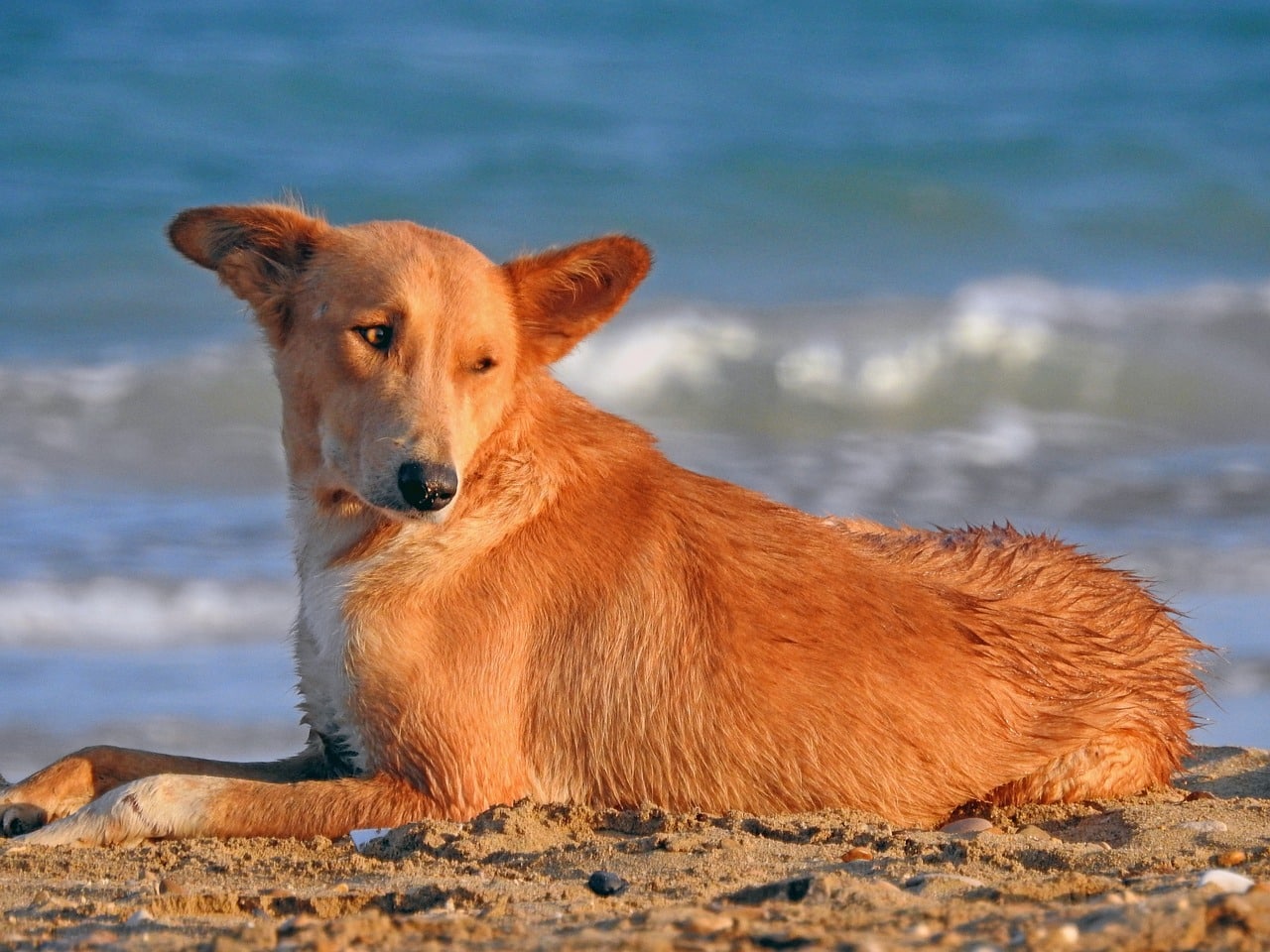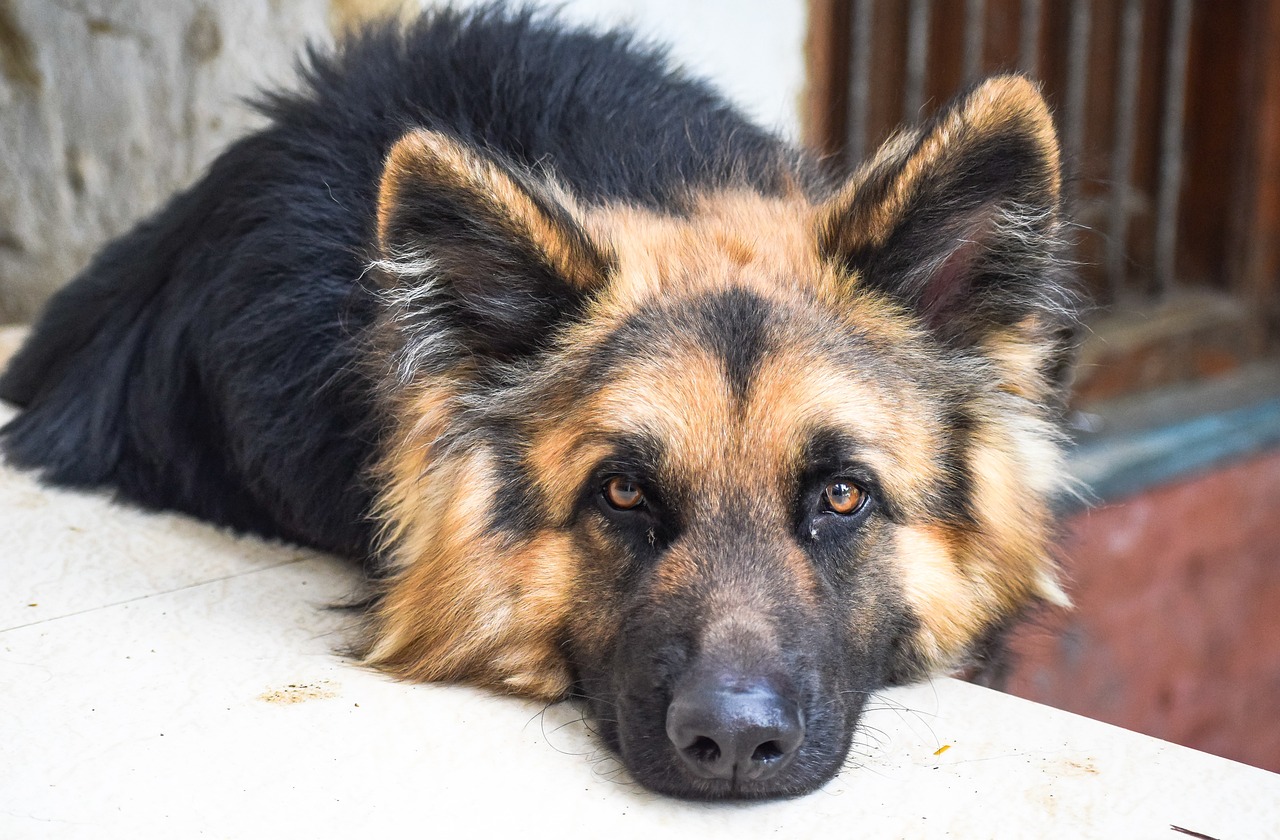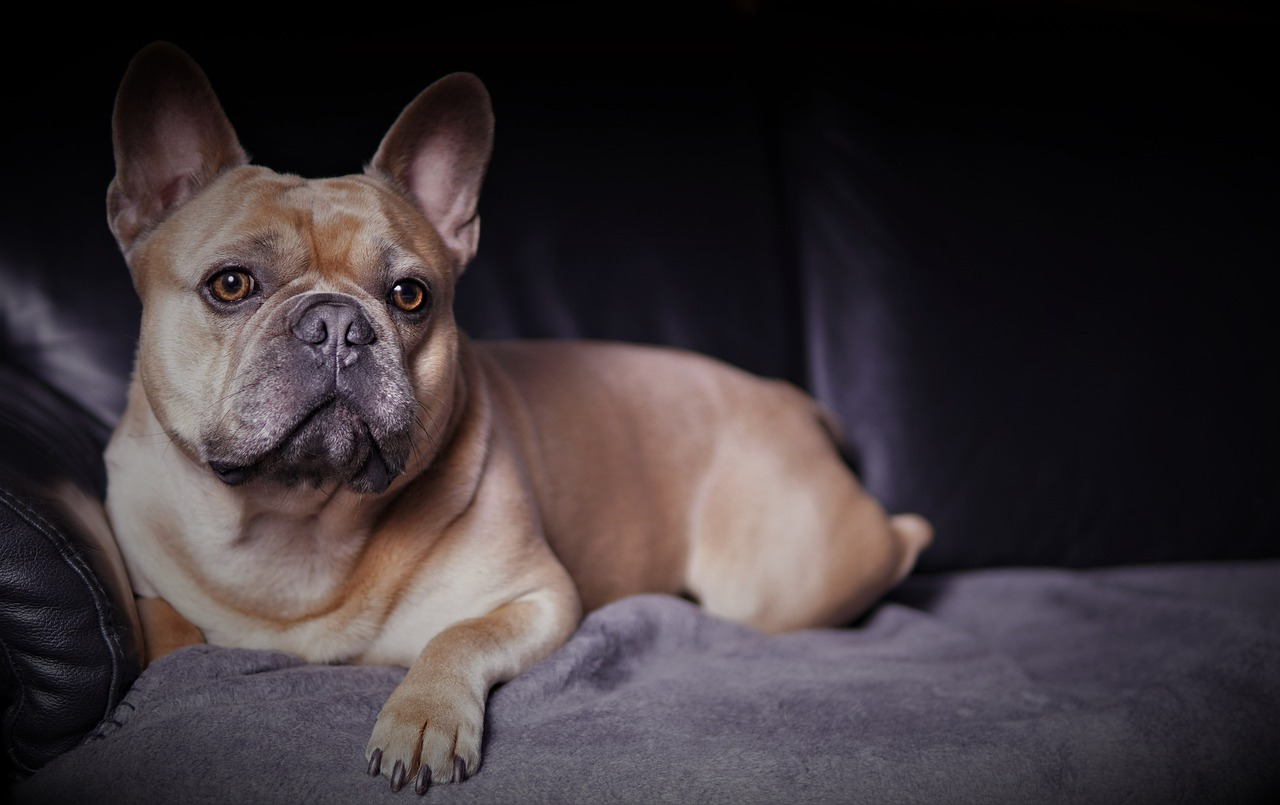It’s a scenario that many a dog owner can relate to; you’ve administered Capstar, the touted fast-acting oral flea treatment, and yet your furry friend is still incessantly scratching. Why is my dog still itching after Capstar? This question can leave you feeling frustrated and worried about the well-being of your beloved pet.
Understanding Capstar and Its Function
Capstar is a powerful flea treatment that starts working within 30 minutes of administration. It’s highly effective in killing adult fleas, providing immediate relief to your pet. However, it’s important to note that Capstar does not kill flea eggs or larvae, nor does it repel new fleas from infesting your pet.
Reasons Why Your Dog Might Still Be Itching After Capstar
Residual Flea Dirt and Remnants
Even after Capstar has done its job, remnants of the flea infestation, such as flea dirt (flea feces that contain digested blood), can still cause discomfort and itching.
Re-infestation
Capstar only kills adult fleas currently on your pet. It does not prevent new fleas from jumping onto your pet, especially if the environment (your home, yard, etc.) is still infested.
Allergic Reactions
Even after flea extermination, some dogs continue to itch due to Flea Allergy Dermatitis (FAD), an allergic reaction to flea bites.
Secondary Skin Infections
Chronic scratching can lead to skin abrasions and secondary bacterial or fungal infections, causing further itchiness even after fleas are gone.
Other Parasites
Other parasites, like mites or ticks, could be the cause of the persistent itch. Capstar doesn’t kill these parasites.
What Can You Do If Your Dog is Still Itching After Capstar?
Consult a Vet
If your pet continues to itch after Capstar treatment, it’s best to consult with a veterinarian. They can accurately diagnose the cause of the itch and prescribe appropriate treatment.
Flea Prevention and Control
To prevent re-infestation, ensure you rid your pet’s environment of fleas. This might involve washing bedding, vacuuming thoroughly, and using flea control products in your home and yard.
Skin and Coat Care
Proper skin and coat care, including regular grooming and the use of soothing topical treatments, can help alleviate itching and prevent secondary infections.
Conclusion: Why is My Dog Still Itching After Capstar?
In conclusion, while Capstar is a highly effective treatment for killing adult fleas, it does not guarantee an end to your dog’s itching. The itch could be due to residual flea remnants, re-infestation, allergic reactions, secondary skin infections, or other parasites. It’s essential to consult a vet if the itching persists and to ensure a comprehensive approach to flea control and skin care to keep your pet itch-free.


